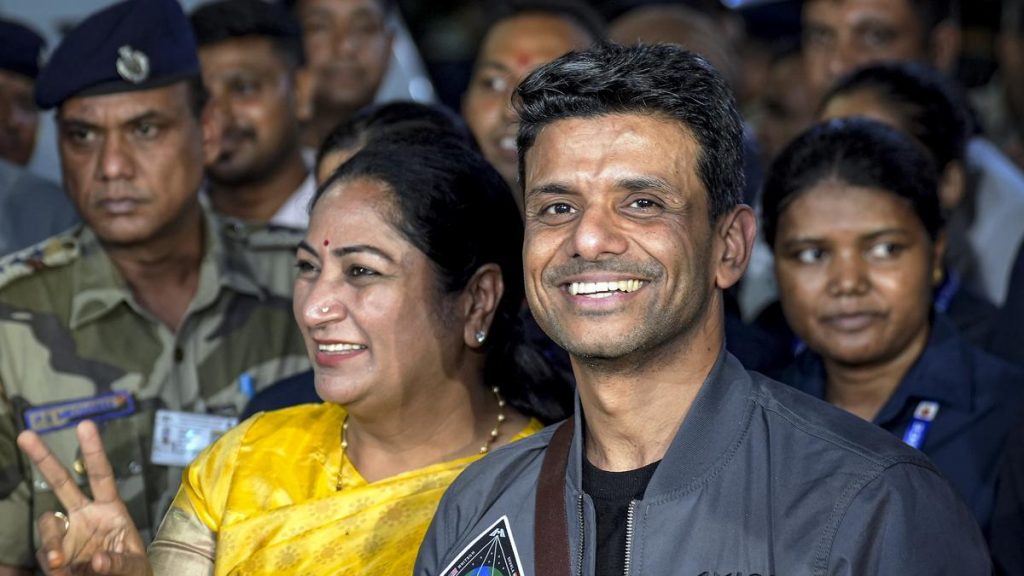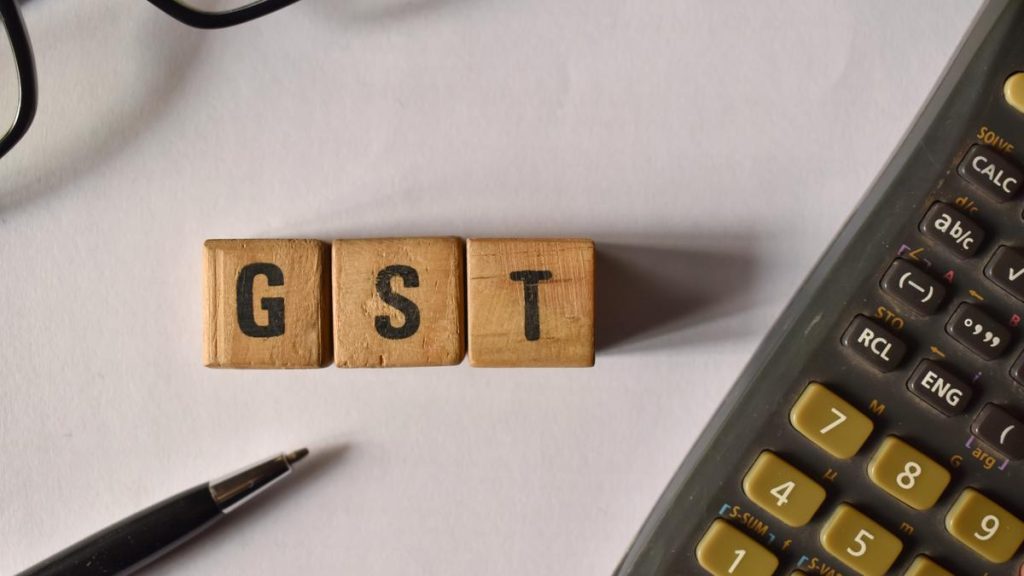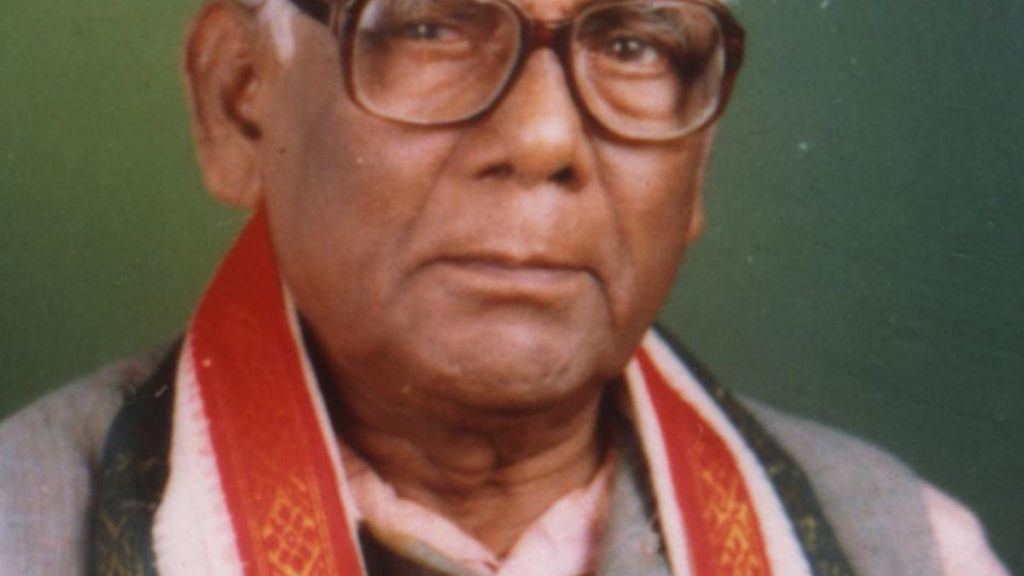Now Reading: Document Deficits Could Disenfranchise the Poor, Challenge Election Commission Credibility
-
01
Document Deficits Could Disenfranchise the Poor, Challenge Election Commission Credibility
Document Deficits Could Disenfranchise the Poor, Challenge Election Commission Credibility
Fast Summary
- Special Intensive Revision (SIR) Process: Election Commission’s mandate for voter verification through document submission has raised concerns of exclusion among marginalised groups.
- Document Availability: Significant disparities exist across caste, class, and region in terms of posession of key documents like PAN cards, passports, birth certificates, etc. Lower rates are evident among Scheduled Castes (SC), Scheduled Tribes (ST), rural poor households, and elderly individuals.
- Regional Variations: Uttar Pradesh shows the highest proportion of respondents lacking mandatory documents; other states like Delhi also report significant gaps.
- Public Anxiety Over Exclusion: Nearly half the surveyed participants fear disenfranchisement during SIR due to document requirements; many perceive illiterate individuals and migrants as most vulnerable. trust in the Election Commission has declined over time according to surveys conducted since 2019.
Images Included:
!1200/Table%202.jpg”>Table 2
!Table 3
(additional referenced images present in source include detailed tables from economic divides to state-level variations.)
indian Opinion Analysis
The data highlights structural inequalities that may result in an exclusionary voter verification exercise under SIR if access to identity documents is strictly enforced by the Election Commission without accommodating social limitations. Marginalised sections such as SCs/STs and economically weaker households face systemic barriers due to their historically limited access to formal education and resources required for acquiring official documentation.
This could undermine democratic participation by disenfranchising eligible citizens who fail compliance simply due to non-possession or challenges in securing proper records within mandated timelines – especially affecting rural poor communities and minority groups at large.Declining public trust toward institutions like the EC risks weakening India’s electoral integrity further if discontent persists based on perceptions about fairness or inclusivity during implementation phases under major reform exercises such as SIR.
Balanced measures ensuring streamlined documentation processes will be critical for sustaining confidence among all demographics ahead while keeping India’s ethical commitment toward participatory democracy intact.
























